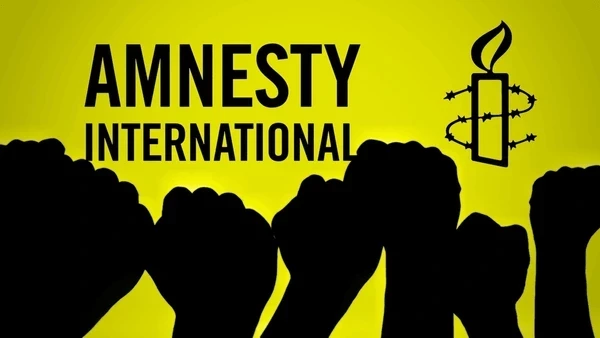
HUMAN rights watchdog Amnesty International Zimbabwe has called on the government to amend the Citizenship Act and the Births and Deaths Registration Act to recognise dual citizenship to address challenges associated with statelessness.
Amnesty International Zimbabwe executive director Lucia Masuka made the call when she appeared before the Parliamentary Portfolio Committee on Home Affairs, Defence, Security and War Veterans on Monday this week.
Masuka said the amendment would ensure that all individuals, including migrant workers, have access to citizenship and nationality.
“Government in consultation with stakeholders should amend the Citizenship Act and the Births and Deaths Registration Act to, among other issues, recognise dual citizenship and allow late registration of births and the right to a Zimbabwean nationality for migrants from Sadc States born in Zimbabwe if one of the parents is a Zimbabwean or a citizen of a Sadc State in line with the 2013 Constitution and relevant international norms,” she said.
Masuka said all descendants of migrant workers from Malawi, Zimbabwe and Mozambique should be granted citizenship in line with the 2013 Constitution, which allows for dual citizenship.
“The government should also initiate legislation for the establishment of the Citizenship and Immigration Board, which shall have oversight over conferment of nationality and simplify and decentralise citizenship determination processes in line with section 41 of the 2013 Constitution and principles of devolution,” she said.
Masuka said government should strengthen the steps that have been taken to eliminate all administrative barriers to acquiring birth certificates for all persons deprived of nationality or at risk of being stateless.
Government, Masuka said, should also ratify the UN 1961 Convention on the Reduction of Statelessness and the International Convention on the Protection of the Rights of Migrant Workers and members of their families as a demonstration of the Zimbabwean government’s commitment to reducing and preventing statelessness as well as protecting migrant workers’ rights in Zimbabwe.
- Call for fresh PVOs Bill public hearings
- Letters: Zim on spotlight for human rights abuses
- Dzamara’s wife demands answers 8 years on
- Amend laws to address statelessness: Amnesty
Keep Reading
The Citizenship Act has not yet been aligned with the Constitution and continues to be used by the Home Affairs ministry to arbitrarily and unfairly deny citizenship to descendants of migrant workers.
In April 2021, Amnesty International launched a report titled We Are Like “Stray Animals”, which details how Zimbabwe’s discriminatory and arbitrary nationality laws have left generations of migrant workers and their families marginalised in the only country they have ever called home.
In the report, Amnesty International laid bare the devastating consequences of the statelessness crisis in Zimbabwe and how it has its roots in colonial history.
The British colonial government largely depended on cheap migrant labour from Malawi, Mozambique and Zambia to grow its industries.
Denied the documentation enabling them access to education, work, health care and other basic rights, hundreds of thousands of people have been rendered stateless, stripped of any legal status in the country they regard home and where they have raised families.










